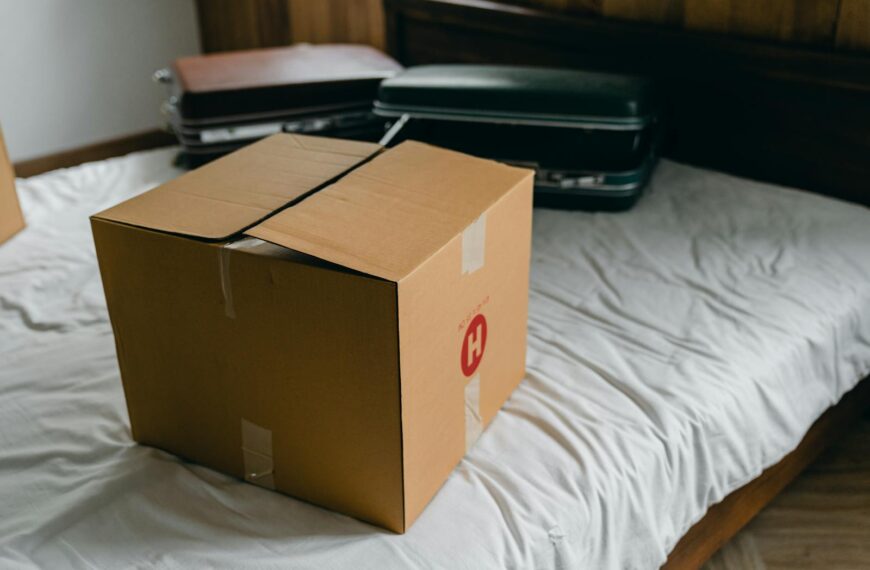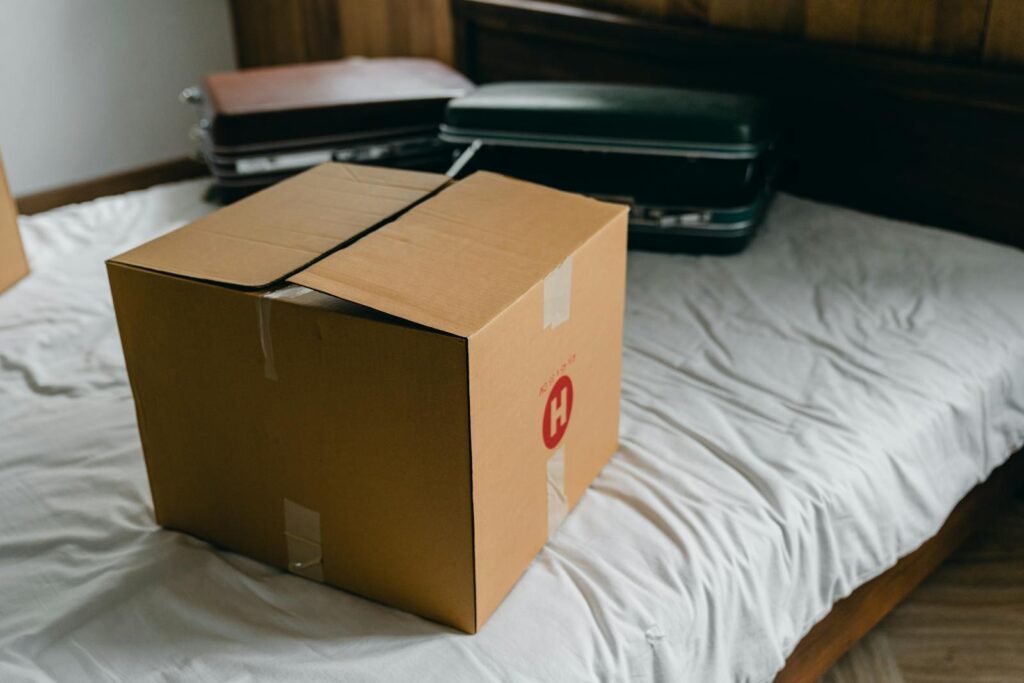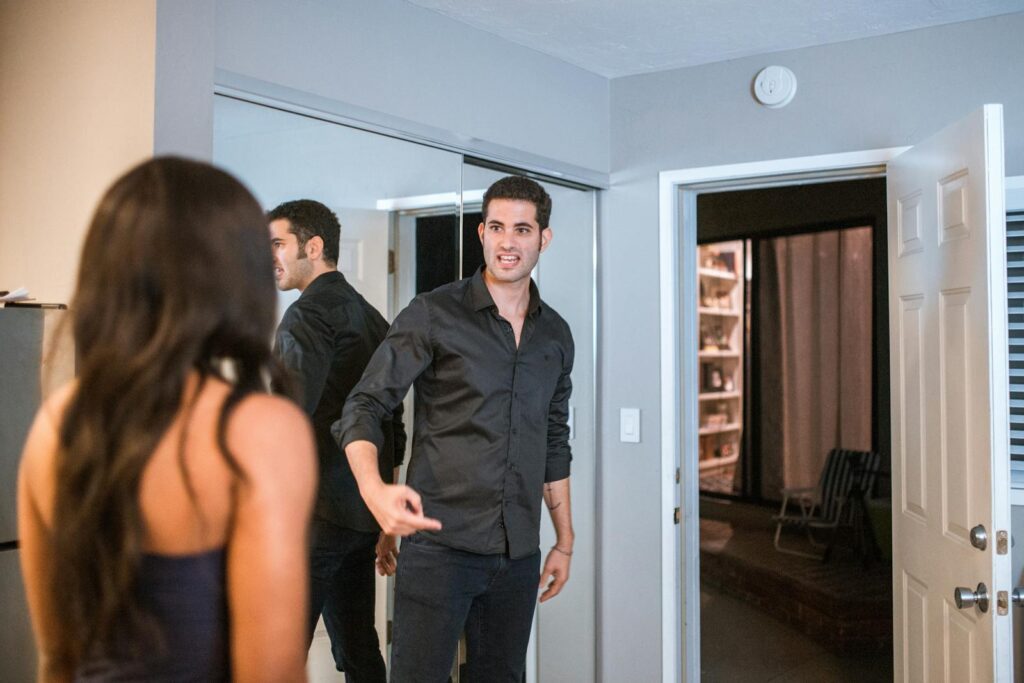You might find yourself holding onto things long after you’ve stopped needing them, and wondering why it’s so hard to let go. The reasons behind this fear are often more than just simple attachment—it can be emotional, practical, or even psychological.
Understanding why you hesitate to throw things away can help you manage the clutter and feel more in control. When you recognize these reasons, it becomes easier to address the underlying feelings and make clearer decisions about what to keep and what to part with.
Emotional attachment to memories

You often keep things because they remind you of important moments or people. Letting go can feel like losing a piece of your past.
Sometimes, the memories tied to an item make it hard to throw away, even if you don’t use it anymore. Holding onto stuff can make you feel stuck or bring up old emotions.
It’s normal to want to preserve memories, but it’s worth asking if the item really helps or just adds clutter.
Fear of losing something valuable

You might worry that once you throw something away, you’ll regret it later. This could be because you think the item still has value or could be useful someday.
Sometimes, it’s about more than money—you may feel like losing the item means losing a part of a memory or opportunity.
This fear can make it hard to let go, even if the item hasn’t been used in a long time. It’s natural to want to hold on just in case.
Anxiety about making the wrong decision

You might worry about tossing something and then regretting it later. That fear can freeze you in place because choosing wrong feels like a big deal.
Making decisions can be stressful, especially when you think about all the “what ifs.” What if you actually need the item? What if it has some hidden value you don’t see?
This kind of anxiety often makes you hold on to things “just in case.” It’s your brain trying to protect you from making mistakes, even if those mistakes are small.
Belief that items might be useful later

You might hold onto things because you think they could be handy someday. Even if you haven’t used the item in years, there’s a part of you that worries you’ll regret throwing it away.
It feels safer to keep things “just in case.” This can make it hard to let go, especially when you imagine a future need for those items.
Guilt over wasting perfectly good things

You might feel guilty tossing out things that still work fine. It’s common to think about how others might need them more, which can make letting go harder.
This guilt often ties to not wanting to waste resources or money you spent. Remember, holding onto stuff just because it’s usable doesn’t always serve you. It’s okay to prioritize your space and peace over perfect usefulness.
Hoarding disorder tendencies

You might find it really hard to let go of items, even when they don’t seem valuable. There’s a feeling that you need to keep things “just in case” or because they might be important later.
Your space could start feeling crowded and cluttered, making it tough to organize or clean. This can cause stress but also makes throwing things away feel overwhelming.
It’s common to believe that every item has a purpose or emotional value. This belief often leads to saving things that others would toss without a second thought.
Sentimental value tied to objects

You often hold on to things because they remind you of important moments or people. These objects feel like a connection to your past, making it hard to let them go.
It’s not just stuff; it’s memories packed in physical form. Throwing them away can feel like losing a part of your story.
Sometimes, you worry that getting rid of an item means forgetting what it meant. That thought alone can stop you from decluttering.
Overwhelm at the thought of sorting

You might feel stuck before you even start because sorting feels like a huge task. Facing piles of stuff can easily make your brain shut down.
It can be hard to decide what to keep or toss when everything feels important. That pressure alone can freeze your progress.
Breaking it into small steps helps. Sorting just a few items at a time makes it less stressful and way easier to handle.
Fear that letting go equals losing identity

You might feel like tossing things means losing a part of who you are. Your stuff can feel like an extension of your identity, making it hard to let go.
Sometimes, holding on to things is holding on to old versions of yourself. But clearing space can actually help you invite new parts of your identity to grow.
Letting go doesn’t erase you. It’s more about making room for change and growth, not losing what makes you, you.
Desire to honor loved ones’ belongings

You might hold on to items because they remind you of someone important. Keeping their things feels like a way to respect and remember them.
Sometimes, those belongings carry stories or memories you don’t want to lose. Letting go can feel like letting go of the person too.
It’s okay to take time with these things. You can find ways to honor your loved ones without keeping everything.
Perfectionism causing indecision

If you’re a perfectionist, you might find it hard to decide what to toss because you worry about making the wrong choice. This fear of not being perfect can slow you down or even stop you from throwing anything away.
You might overthink every item, worried it could be useful or irreplaceable. This over-analysis creates a trap where you keep hesitating, stuck in an endless loop of indecision.
That stuck feeling makes decluttering feel overwhelming, so you end up holding on to more than you need.
Feeling nostalgic about the past

You might hold onto things because they remind you of special moments or people. These items become a way to keep memories close.
It’s easy to get stuck living in the past when you cling to objects tied to those memories. This can make throwing things away feel like losing a part of yourself.
Learning to separate the memory from the item can help. You don’t need to keep everything to remember important times in your life.













